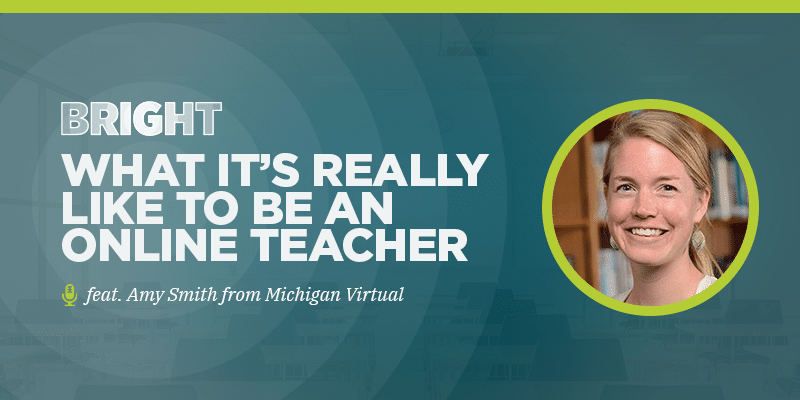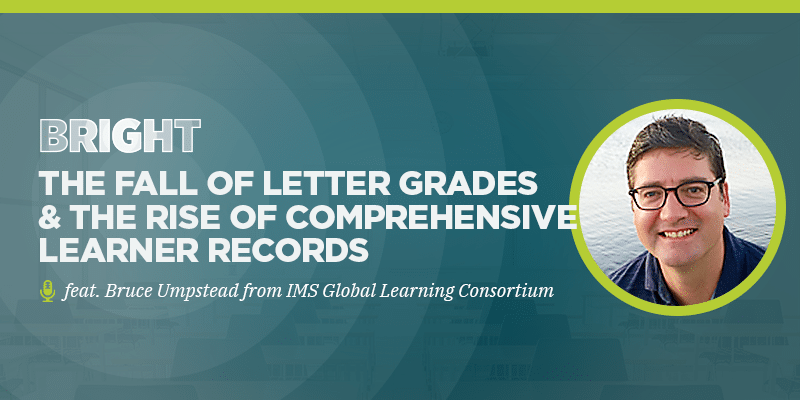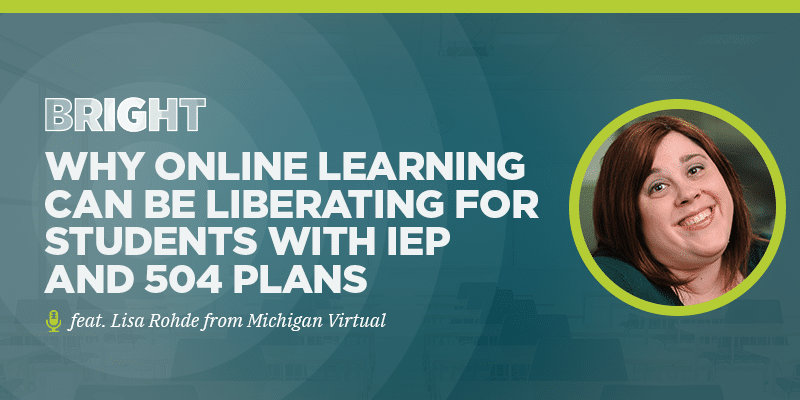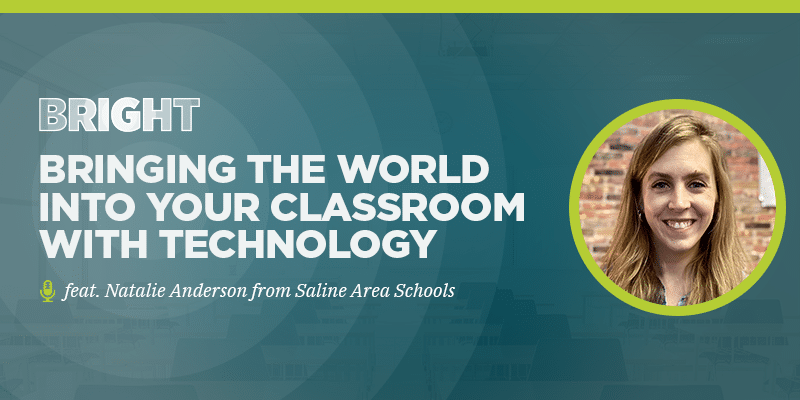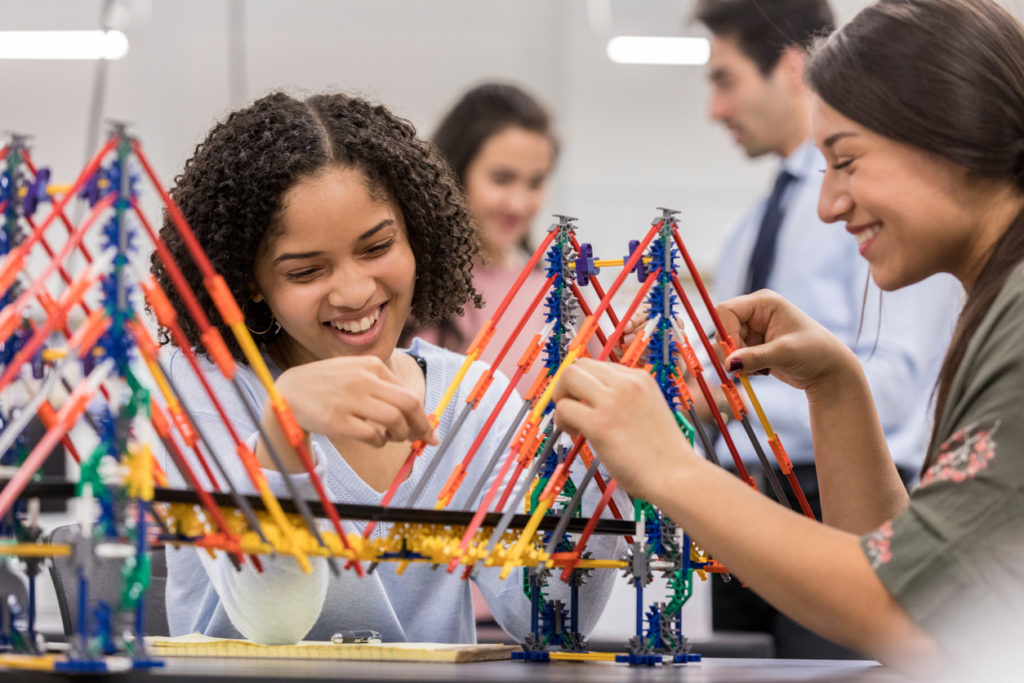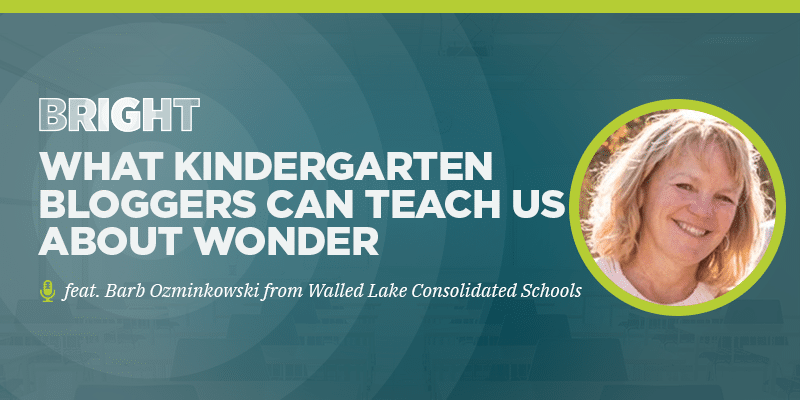The School Leader Insights blog series provides school leaders with practical guidance and advice on how to develop and support digital learning programs within their schools and districts. Based on research and on-the-ground experiences working with school leaders, Michigan Virtual Learning Research Institute aims to identify and share effective practices with these school leaders to support their work and encourage their success. In this blog post, we discuss the importance of thinking deliberately about technology. Some might think that a digital learning initiative should start with technology. However, to leverage technology effectively to reach certain digital learning goals, leaders need to execute a project vision based on a clear understanding of the interplay between curriculum, instruction, and assessment and the needs of all members of a school community.




